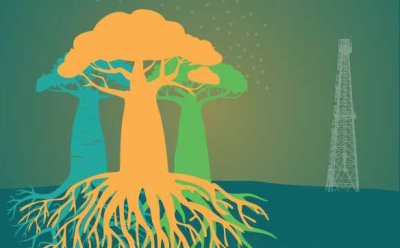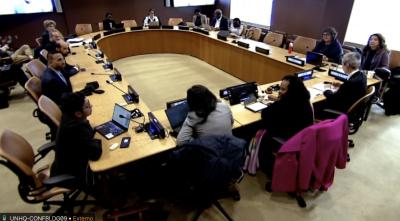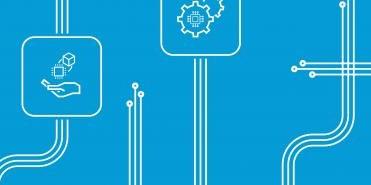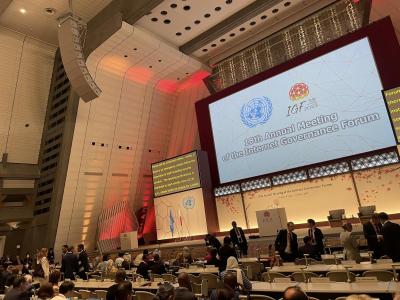The latest on internet governance
The problem
The publicness of the internet is at the core of power disputes in the internet governance ecosystem. The problem is two fold: The rise and consolidation of global internet platforms and the trend of states controlling the digital space in authoritarian ways have led to erosion of the publicness of the internet and the global digital commons.
The dominance of corporate control and influence in shaping the internet and digital technologies and spaces has eroded the publicness of the internet and human rights. The power of global technology corporations, based primarily in the global North, to control and exploit data and content platforms, exacerbates discrimination and inequalities.
Internet business models, private sector monopolies and the sophisticated ways in which the internet and digital technologies are being developed for profit are contrary to the public interest, equitable economic development and the exercise of human rights. The private power over the public domain by global internet companies such as Facebook, Google and Twitter that rely on collecting and profiting from personal data have given rise to surveillance capitalism.
Big technology platforms have become governance institutions often floundering in developing and implementing content policies and community standards that adhere to human rights norms and standards of transparency and accountability.
At the same time, states’ attempts to police digital spaces are leading to securitisation of internet policy. There is a need for continued engagement in internet governance processes to challenge corporate power and emphasise governments’ responsibility to hold private corporations accountable. The views, voices and interests of people confronting structural discrimination and oppression are needed to push back against corporate power and state control and challenge the securitisation of the internet.
However, effective engagement in internet governance and internet policy processes and spaces nationally, regionally and globally is becoming either too onerous or restricted for civil society actors, and at the same time, multistakeholder processes and forums are losing support and traction.
The change we are working towards
The internet is recognised and governed as a global public good in an inclusive, transparent, democratic and accountable manner.
- Individuals and civil society organisations engage meaningfully in and influence policy, regulation and governance processes to shape an open and sustainable internet.
- Internet policy and regulation actors and institutions recognise and govern the internet as a global public good.
- Internet and other digital technology companies are held accountable for upholding human rights and protecting the public interest.
Our role in this change
There is a need for continued engagement in internet governance processes to challenge corporate power and emphasise governments’ responsibility to hold private corporations accountable. The views, voices and interests of people confronting structural discrimination and oppression are needed to push back against corporate power and state control and challenge the securitisation of the internet.
An important part of our role is to connect different processes in the internet governance and global digital cooperation ecosystems. We coordinate with other civil society actors to address those processes in a coordinated way to ensure the prevalence of the multistakeholder approach to IG and global digital cooperation.
Main spaces and processes we engage in
- Global Digital Compact
- UNSG’s Roadmap for Digital Cooperation
- Our Common Agenda and the Summit for the Future
- Regional and global Internet Governance Forums (IGFs)
- Stockholm Internet Forum (SIF)
- Commission on Science and Technology for Development (CSTD)
- World Summit on the Information Society (WSIS) Review process UN Secretary-General’s High-level Panel on Digital Cooperation
- WSIS Forum
Who we work with
Partners
The World Wide Web Foundation
Access Now
Global Partners Digital
African Union Commission








